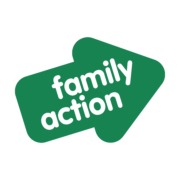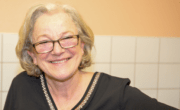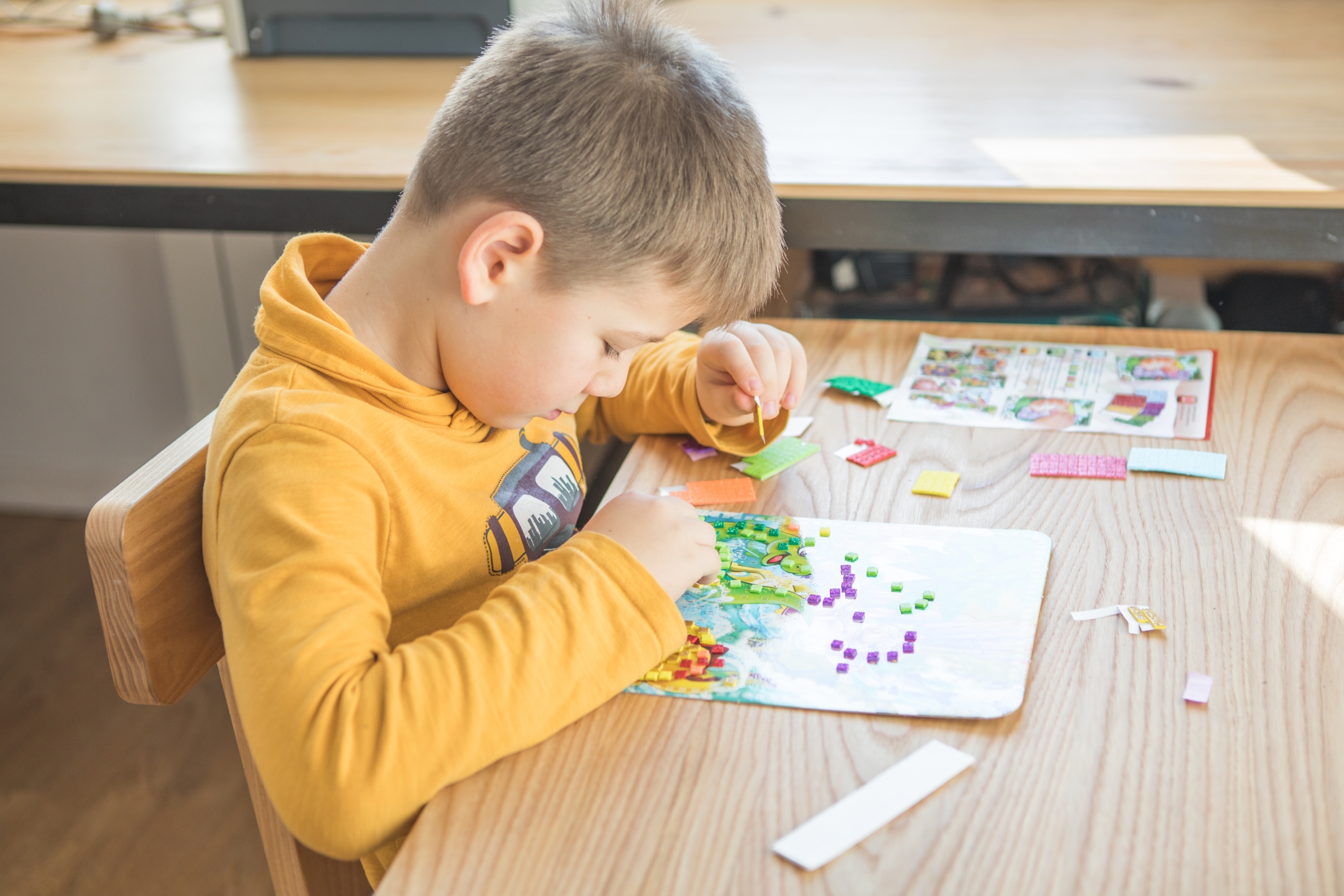Our Social Prescribing services sit at the heart of their communities and prevent hundreds from feeling isolated.
Here, to celebrate International Social Prescribing Day, we explain how these vital services work and shine a light on those providing them by hearing from members of our teams in two London boroughs.
Sadie, Hackney
Put simply, Social Prescribing aims to connect patients up with the right services and support at the right time. We’re based in GP surgeries, but we help to link people up with non-clinical and non-medical services and support that might benefit them. Mostly, however, we are there to listen.
GP surgeries can be a very busy, fast-paced environment where you might only have a ten-minute appointment, but people get a lot of space with a social prescriber to sit and find out what’s going on in their life that’s really affecting them and has resulted in their referral. That’s the beauty of it really… it’s a nice space for people to spend 30-40 minutes talking about things like relationships, mental health, lifestyle, housing benefits, anxieties and the expectations they have of themselves. We hear a lot of different stories from a very diverse community, which is a real pleasure.
We can then say “let’s see what might suit you” and look into recommendations– whether that’s a particular service, activity or even a coffee morning or lunch club. Sometimes it’s something quite small, but we also help people deal with significant issues by connecting them with legal advice or domestic abuse services.
Social prescribing captures it all… Everything from crisis to coffee. It can be a challenging role as no patient is the same and, with the cost-of-living crisis affecting many of the most vulnerable in society, people’s needs can be much more complex than they initially seem.
For example, some people can’t access benefits or grants because they’re not UK citizens, so things like housing and finding support can be challenging. Being based in a GP surgery is useful for a number of practical reasons, as it means we might be able to ensure they are provided with GP documents to help support their housing appeal. I often feel like we’re the glue that connects the medical and non-medical worlds together.
For example, we might receive a referral for someone who is a refugee and a member of the Trans community. They may be experiencing trauma as well as the struggles with finding housing, food, access to mental health support and social interactions here in the UK. That sort of situation, blending many complex elements, is where we excel. We have begun to facilitate wellbeing walks, where we walk around the community and invite people to join us. Whether people struggle to go outside due to their mental health, mobility, identity or previous traumas, the walk provides a space to explore these challenges themselves within a non-judgmental local group.
“… They may be experiencing trauma as well as the struggles with finding housing, food, access to mental health support and social interactions here in the UK. …blending many complex elements, is where we excel.”
The art of our work is having a really deep understanding of who’s out there for people to speak to and what’s going to work, although that doesn’t always match people’s perceptions – I’ve been told that I’m just “ the one who’s going to sort out my benefits” before!
Even though our team are all different characters with different specialisms we all have the ability to build trust with people. If someone comes in anxious or upset or angry all of our team have the ability to reduce those feelings our patients have; even if for a moment. We all build hope and make people feel supported.
Melissa, Havering
When I speak to the patients at GP surgeries they sometimes think I’m a chemist at first because of the phrase “social prescribing”, so what I do is tell them that I prescribe social help. What that means is I listen to whatever’s going on in their life and try to find services or community resources that can aid them.
Working in a GP service is good as it allows us to help people therapeutically while they’re waiting for an appointment, so they don’t feel like they’re being left alone. GPs have to know so much to do their jobs as it is that they don’t always know what’s available in the local community.
We can help people understand and access what’s out there and reduce the burden on GPs, who often find themselves wanting to go above and beyond for their patients.
By taking some of the strain off we allow them to focus on the medical side and remain available should they need to pass people to us when we’re needed for further support – for example when people are diagnosed with cancer. That sort of diagnosis can affect your life in so many ways and often people need social support as well as medical intervention.
Because anyone working in a GP practice can refer to us it allows us to utilise the talents of staff like the receptionists, who get to know people’s faces and use the huge empathetic skills they possess. Initially, it was tough in my role as when I started it was the tail end of the pandemic and you really need to see people face to face to help them with things like paperwork and benefits.
People also like to talk face-to-face, particularly when they want to discuss something like domestic violence and need to be away from the perpetrator.
“Our job allows us to build relationships in the community and act as a mouthpiece and advocate … We build relationships so that when we speak on people’s behalf, services listen.”
Havering is seen as quite a comfortable borough but my role really opens your eyes and teaches you not to judge a book by its cover as people’s struggles don’t always match the perception of the area they live in… everyone’s going through something. I like the fact that in our role we build relationships with other professionals as we talk to the same services quite frequently.
Family Action’s social prescribing services try to work together with other services in the same space and we have monthly meetings with other social prescribers where we pick through each other’s brains and share resources… It feels like we’re all part of the same team and put the people using the service first.
Our job allows us to build relationships in the community and act as a mouthpiece and advocate … We build relationships so that when we speak on people’s behalf, services listen.
Find out more about the impact our life-changing services are making to communities around the country.








